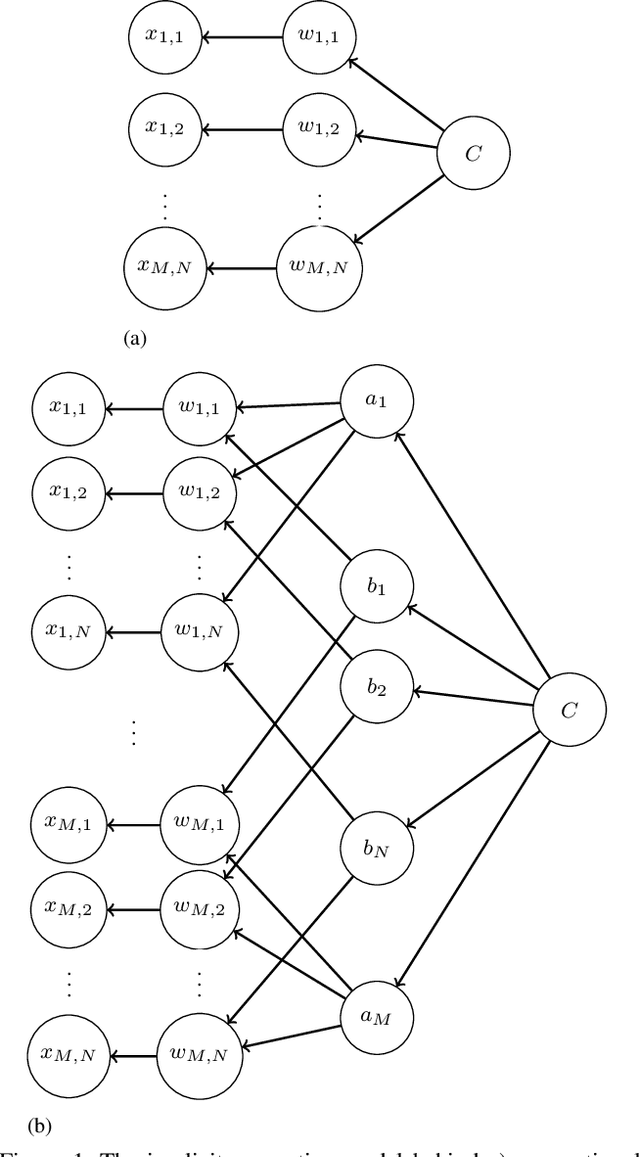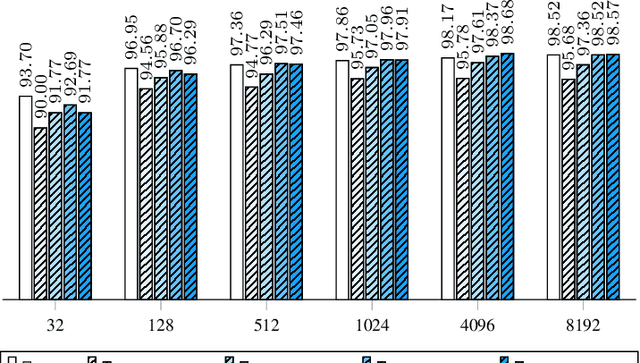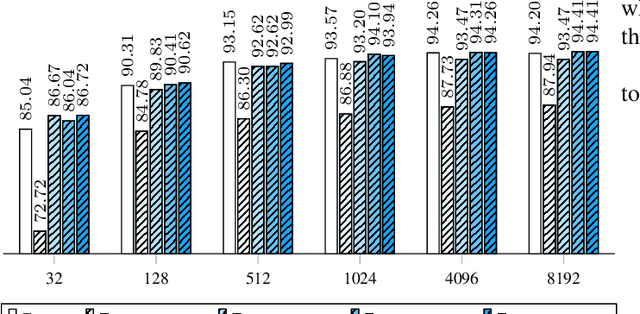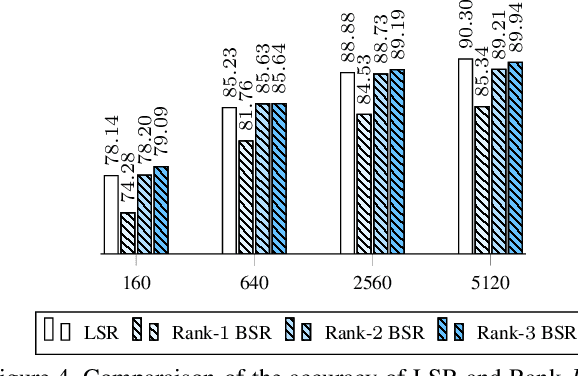Bilinear Models for Machine Learning
Paper and Code
Dec 06, 2019



In this work we define and analyze the bilinear models which replace the conventional linear operation used in many building blocks of machine learning (ML). The main idea is to devise the ML algorithms which are adapted to the objects they treat. In the case of monochromatic images, we show that the bilinear operation exploits better the structure of the image than the conventional linear operation which ignores the spatial relationship between the pixels. This translates into significantly smaller number of parameters required to yield the same performance. We show numerical examples of classification in the MNIST data set.
 Add to Chrome
Add to Chrome Add to Firefox
Add to Firefox Add to Edge
Add to Edge